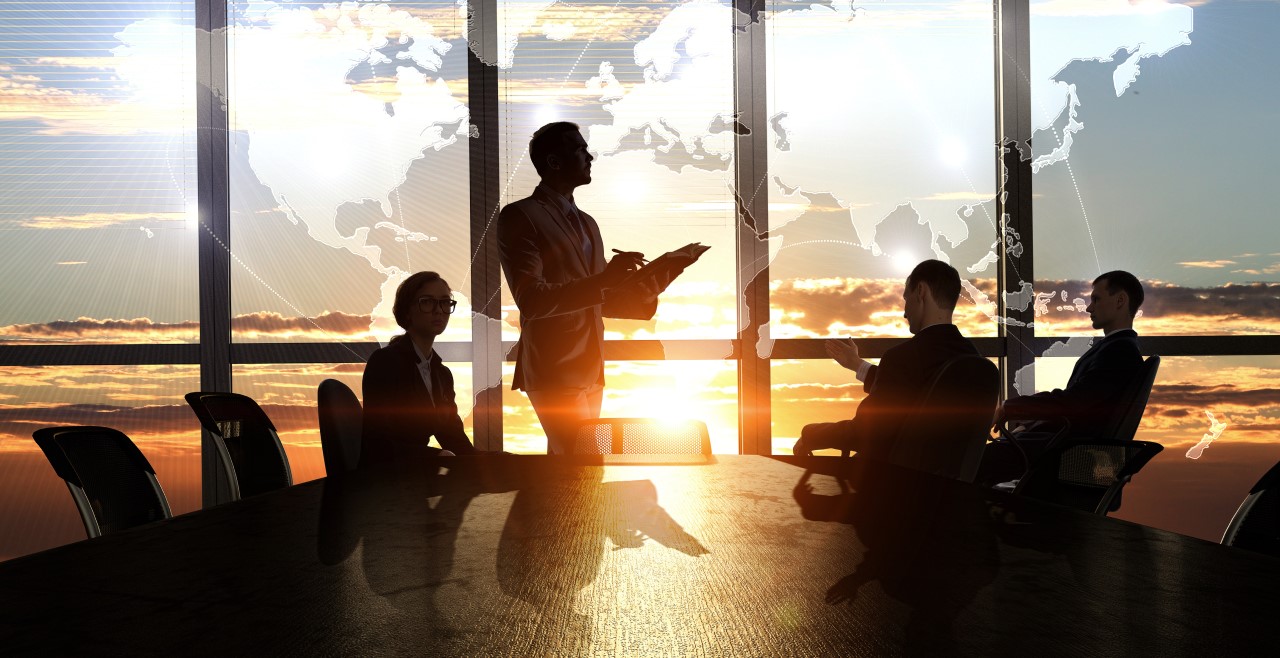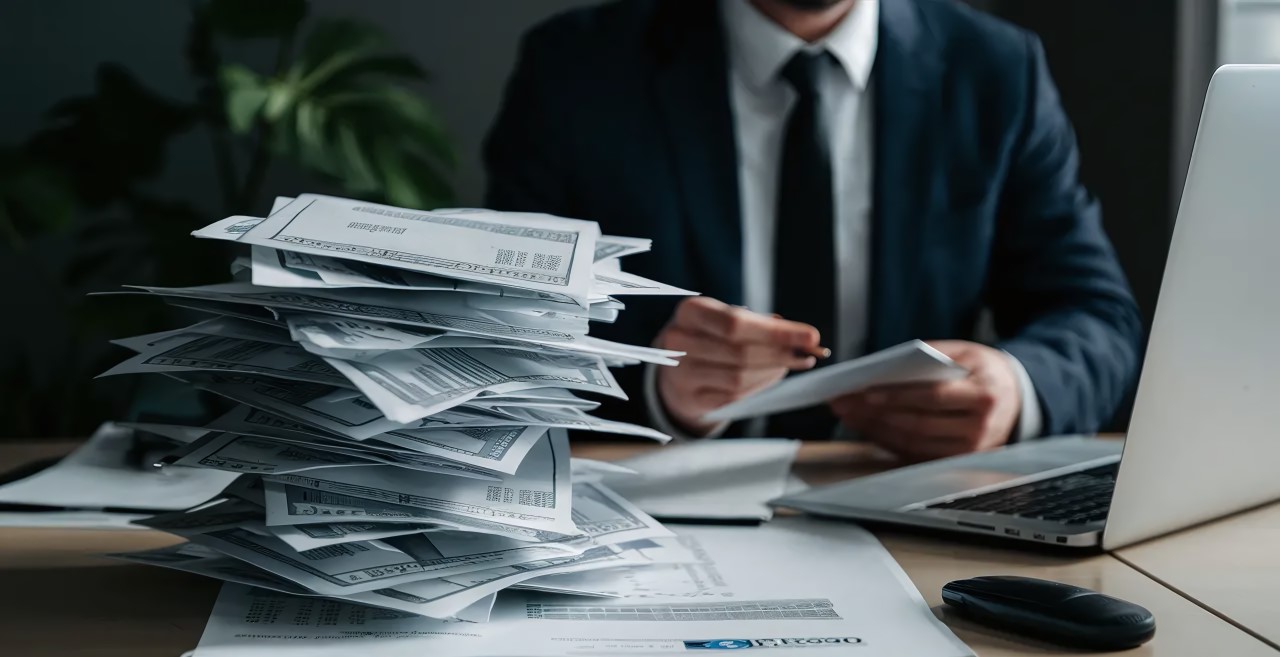For a long time already, the investments of very large groups around the world have been at their lowest. Never have profit margins, return on invested capital, financing costs and effective tax on profits been so favorable and yet the appetite to invest is lacking.
According to our study, the average return on equity in the last quarter of 2022 was 15.6%, slightly below the long-term average. Considering the economic downturn, that is not bad. The biggest companies thrive without taking risks. Without investing, they manage to increase their value considerably by simply holding cash, buying back their own shares and paying dividends. Raising interest rates by central banks only seems to reinforce this attitude.



